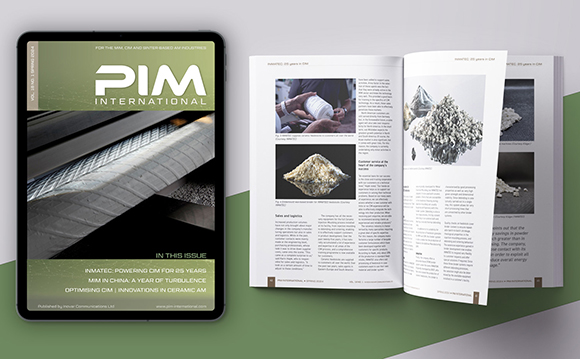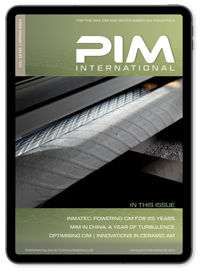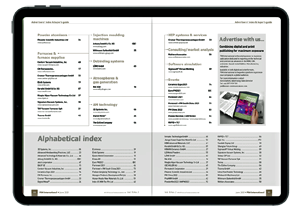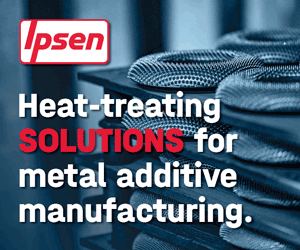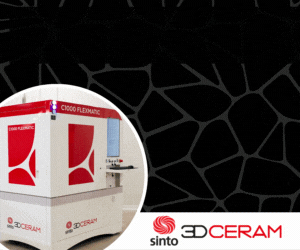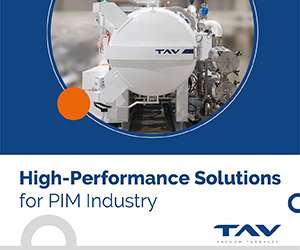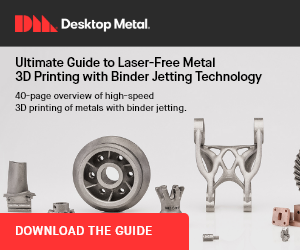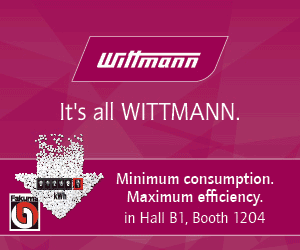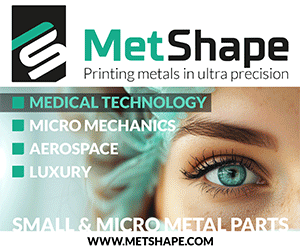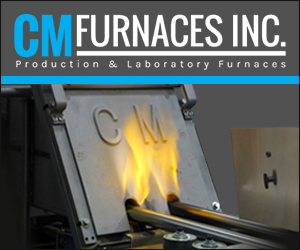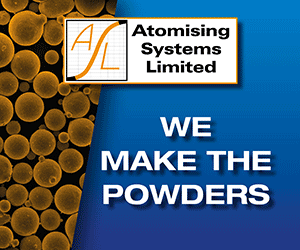New project focuses on sustainable reprocessing of rare-earth magnets
June 15, 2019
A new EU-funded research and innovation project has launched focused on the Sustainable Recovery, Reprocessing and Reuse of Rare-Earth Magnets in a Circular Economy (SUSMAGPRO), with funding from the Horizon 2020 programme of the European Commission and consisting of nineteen project partners and one associated partner from nine European countries. The project’s partners represent stakeholders from industry, academia and technology transfer organisations.
SUSMAGPRO’s ambition is to dramatically change how magnets are recycled, addressing the challenge of recovering and reprocessing rare-earth-elements (REEs) from performant magnets, which currently have a recycling rate in Europe of less than 1%. These materials are critical components of several high-tech industries, such as automotive, aerospace, e-mobility, wind power generation, and consumer goods.
Each year, such industries require the import of 2,000–3,000 tonnes of REEs to be imported, since Europe does not have rare earth resources of its own. This puts permanent magnet manufacturing in Europe in a vulnerable position; the SUSMAGPRO project will attempt to rectify this by enabling the reclaiming of the tens of k-tonnes of magnets already imported into Europe in millions of devices as they come to the end of their useful life.
Instead of going to landfill sites or being exported to other parts of the globe, SUSMAGPRO will reportedly use the latest technology to extract the REE from magnetic scrap, and will use short-loop circular economy routes to re-integrate the metals into new products for the European market.
The project’s partners represent stakeholders from industry, academia, and technology transfer organisations. SUSMAGPRO’s Coordinator is Pforzheim University, Germany, represented by Prof Carlo Burkhardt of the Institute for Precious Metals and Technology.
A previous EU project on the Resource Efficient Production of Magnets (REProMag) was covered in depth in the Winter 2017 issue of PIM International. In the article, Prof Burkhardt and colleagues reported on an initial evaluation of the Metal Injection Moulding (MIM) of magnets using fully-recycled raw materials. Read the full article and learn more about the challenges facing permanent magnet production in Europe.




